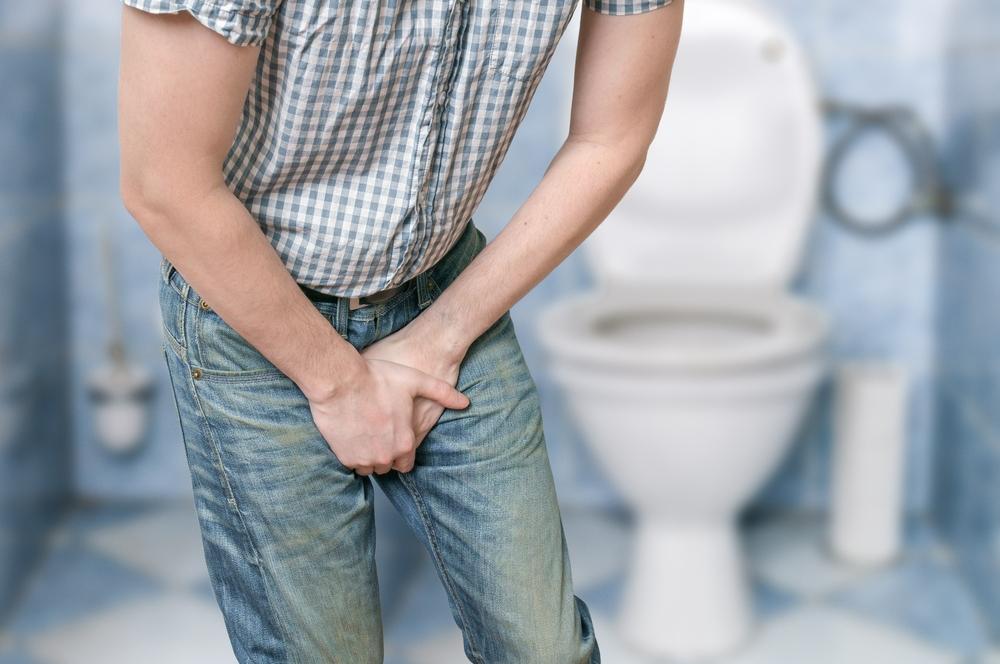Effective Strategies to Reduce Frequent Urination
Discover effective strategies to manage and reduce frequent urination. This comprehensive guide covers causes, treatments, lifestyle changes, and exercises like Kegel for better bladder control. Learn how diet, fluid management, and training can improve your quality of life and alleviate discomfort caused by excessive urination.

Effective Strategies to Reduce Frequent Urination
We’ve long been advised to drink plenty of water because it keeps us hydrated and supports essential bodily functions. Water helps eliminate toxins through urination, ensuring your system stays clean.
While urinating often can indicate good health, persistent urges and frequent trips to the bathroom may disrupt daily life and signal underlying health issues.
What is excessive urination?
Excessive urination refers to the need to urinate more frequently than normal, which can interfere with normal activities, sleep, and may indicate more serious conditions.
Many individuals experience frequent urination; when urination exceeds 3 liters daily, it’s known as polyuria.
How to identify an overactive bladder?
Normal bladder capacity is about 400-600 milliliters. Most people urinate 4-8 times during the day and once at night.
If you find yourself urinating more often, experiencing urgency, leakage, or waking multiple times at night to urinate, consult a healthcare professional for diagnosis.
Ways to curb frequent urination include: Treatment varies based on the cause:
If diagnosed with diabetes, managing blood sugar levels is key.
For bacterial infections, antibiotics or pain relief may be prescribed.
Overactive bladder may require medication such as anticholinergics to prevent involuntary bladder contractions.
Bladder training and exercises aim to improve control over urination rather than target underlying causes alone.
Kegel exercises strengthen pelvic and urethral muscles, supporting bladder function. Perform 10-20 repetitions, 3-4 times daily, over 4-8 weeks. These exercises benefit women during and after pregnancy.
Biofeedback helps individuals become aware of their bodily functions, enhancing effectiveness of pelvic exercises.
Bladder training gradually increases the time between urinations, typically over 2-3 months.
Managing fluid intake is a simple, effective step—monitor how much and when you drink to prevent overloading your bladder.
Proper diet and lifestyle modifications also help. Limit caffeine, alcohol, spicy foods, artificial sweeteners, and chocolates, which can irritate the bladder. Eating fibrous foods alleviates constipation, reducing pressure on urinary organs. Cranberry juice daily can help prevent infections and soothe irritation.
Hydration tips: Keep water accessible, sip small amounts throughout the day, and stop drinking by early evening to reduce nighttime urges. Gradually decrease daily fluid intake by 25% if needed. Practice bladder training by delaying urination to strengthen control.
Though causes of frequent urination vary—from neurological issues to muscle weakness—these methods can significantly improve your comfort and health. Implement these tips for a smoother, stress-free life.










